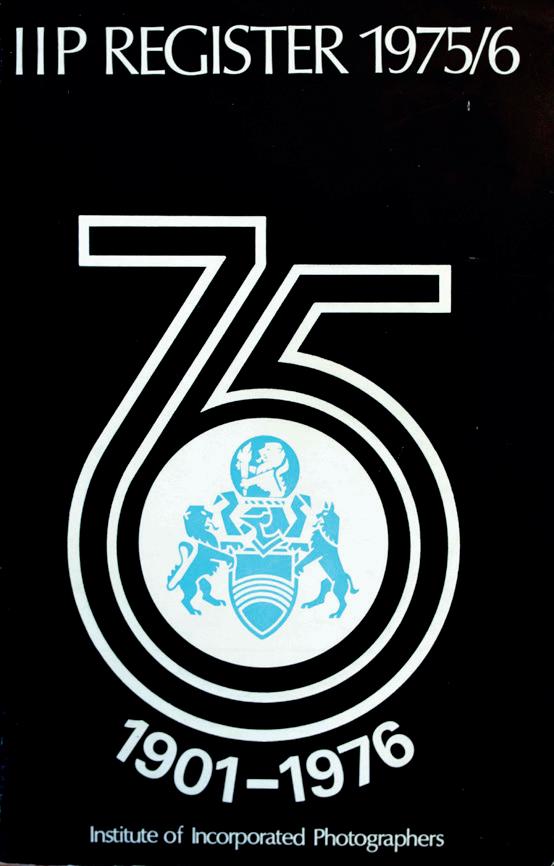
13 minute read
Inclusion Committee
Meet The BIPP Inclusion Committee
After first forming, the BIPP’s Inclusion Committee is starting to outline its initiatives and take focus on its aims for the coming years. In this piece, we take a closer look at the progress and development made so far and get to know each Committee’s member personal drive to make the BIPP more inclusive.
Following on from my previous article and the publishing of the BIPP’s Equality, Diversion and Inclusion Policy, I’m delighted to say several members came forward to volunteer their opinions and expertise in implementing the ethos of the policy and the Inclusion Committee was formed.
Their aims? First and foremost to make sure that the BIPP is a true representation of society, to raise awareness of inclusion within the Institute and to advise on how potential programmes of education could be put in place. The meetings are enjoyable and fruitful with everyone giving their considered opinion on these topics and how to move them forward in a way that uses positive language and encourages both existing members and potential new ones to view and value the BIPP as the wonderful diverse community that it is.
It was agreed that the Equality, Diversity and Inclusion Policy should state a zero tolerance to racism and specifically include social media as part of the written word statement. Small changes you may say and ones which most of us would take as a given, but they should be stated, and are now in print, and I’m proud to say on our website. It’s good to know as professionals in our field that we are in a safe community. Education is a broad topic and certainly one that most of our members will have an opinion on. Our world recognised qualifications are there for professional members to reach their potential with mentoring from their peers. How wonderful would it be if we could give this opportunity to a small group of youngsters who would not otherwise be able to access education or enter the field of photography. This idea is at it’s embryonic stage but I am excited to see how the Inclusion Committee suggests this could be implemented in the future.
The Inclusion Committee has also acknowledged that unconscious bias is present in society and these biases create inequalities. They recognise that more needs to be done within the BIPP as a membership organisation to address these issues. As per the Committees suggestion, unconscious bias training will be provided for directors, staff and regional chairs of the Institute and available to members when they pursue a qualification. The training will help identify barriers to inclusion and opportunities to help improve and create a more inclusive future for the BIPP and its membership.
If you want to know more about the Inclusion Committee or can offer your expertise, please call me at Head Office
Sharron Caunce OFFICE MANAGER
James Musselwhite
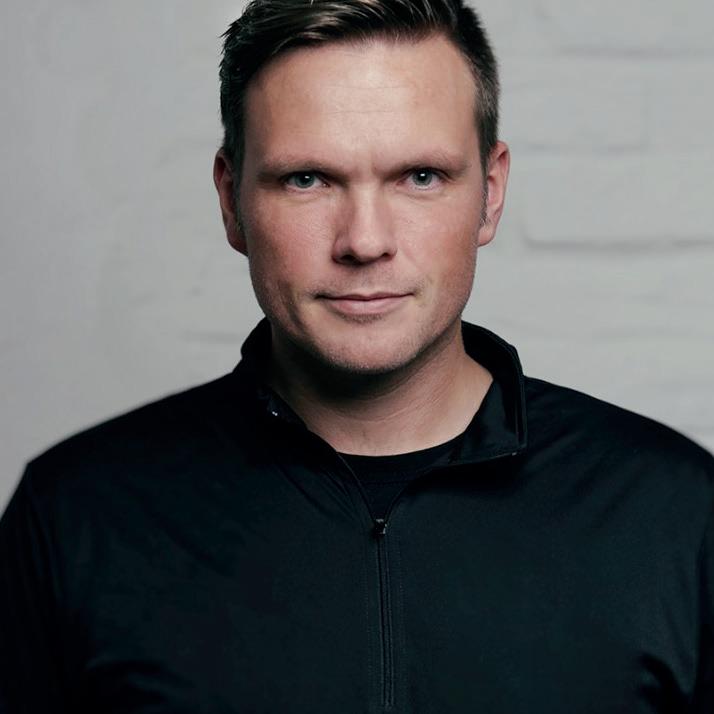
Around three years ago, I was asked to produce a series of videos for Arts Council England, highlighting the stories, motivations, and experiences of black wrestlers in the United Kingdom. I was reluctant at first; however, the experience was one that helped me go some way to understanding the struggles that young black people have living in everyday society. I seized the opportunity not only to create the video packages but also to further my own personal reading. It was about trying to understand other people’s experiences of life and the history from a range of cultures and backgrounds. I realised that most people’s lives are complicated, tough and unique, and fraught with problems and hurdles to overcome, but if you are a white person living in the UK, racism does not deny you opportunities. One of the key components to overcoming this is representation. Seeing someone who looks like you, who talks like you, is a fundamental asset to driving success, especially in young people. I believe when you surround yourself in as diverse a community as possible it leads to a greater understanding of the world and ultimately greater empathy with our fellow person. A more diverse community is a stronger community, and that is better for everyone. This should be the goal for the BIPP. To be as positive, transparent, and inclusive as possible, so everyone benefits from a better community.
Aneesa Dawoojee
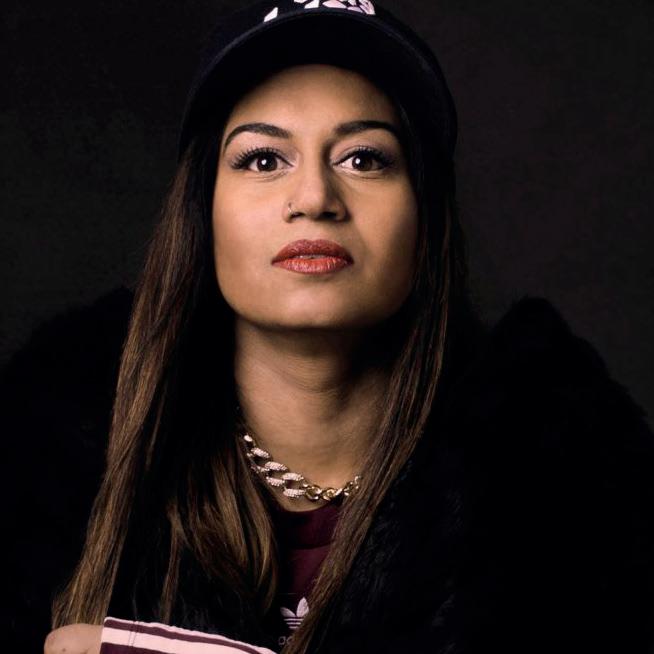
Inclusion is important to each and every member of any organisation or institute. I believe it to be the foundation of a strong ethos and culture. None of us wants to see anyone struggling or unable to speak up. I’d simply like to support the access for any photographer to reach their professional goals. Our development is always impacted by those who we interact with. In order to not just feel like an onlooker, it is essential that dialogue is opened up and everyone has a platform to be heard, respected and noticed. There is so much talent within the Institute, but unless a person feels connected or encouraged, they may never shine the way that they should. Mark Hall
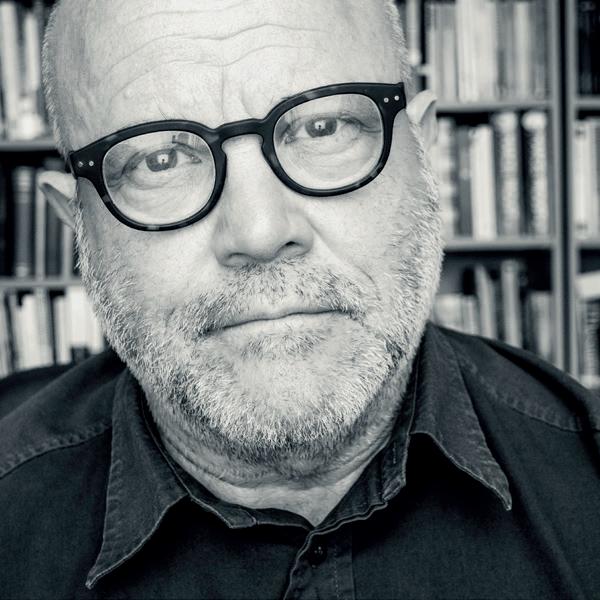
I became involved with the BIPP Diversity Council after reading an article in the Guardian, which named and shamed the institute that I have been a part of since studying photography in Blackpool between 1983 and 1986. I posted a link to this onto the Institute Facebook page when I realised that nothing had been said about this either internally or publicly. Unfortunately, this brought out a small number of regrettable responses, which showed that there were issues that had been ignored for too long. It is no surprise to know that engagement with photography is at its highest and most diverse; it should also come as no surprise that many of the institutions that represent photography are not so diverse and need to do a great deal to encourage people from a more representative group of people that are actively engaged in some form of professional photographic activity. What we call professional photography needs also to be redefined, to incorporate areas that have expanded exponentially since the BIPP was formed in 1901 and the practitioners who inhabit those spaces. Education should be seen as the potential link between the past and the future and a way to reach out to the underrepresented if the Institute is to thrive.
John Hunt Monir Ali
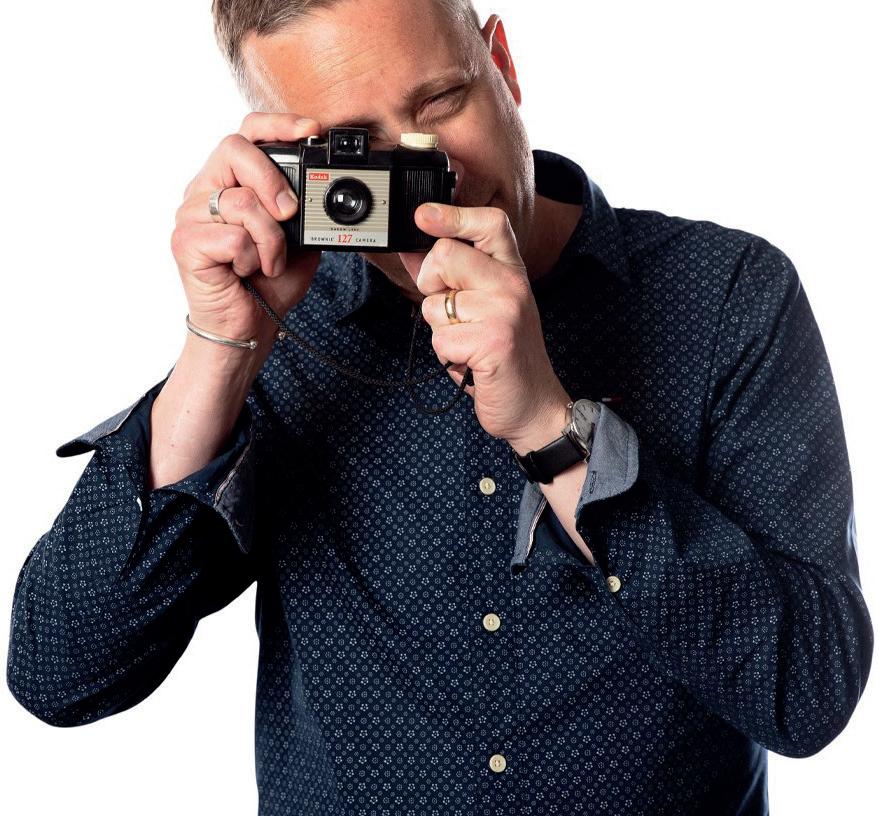
The BIPP have got a year. I’m not going to pay the University subscription unless things start to change”. The words of the course leader for the photography degree at the University of Northampton, where I teach as a part-time lecturer. He concluded this statement with, “John, you’re in the BIPP - you’re our liaison with them”. This was the start of the journey then, and prior to it, I have to admit to being a perfectly comfortable white, middle-aged photographer from a very affluent and academic area of the country without really ever having to think about diversity very much. The area sandwiched between Oxford and the Cotswolds is not an area with a high number of ethnic communities (although parts of East Oxford do have small communities). Working in Northampton with a different cultural demographic, it was clear I needed to challenge my own apathy and unconscious bias as a privileged white individual. I’m not there yet, but I’m trying to learn. Aneesa and Monir are helping on the journey, Mark too. Aneesa really opened my eyes after many conversations and shone a light on some uncomfortable questions the BIPP needed to ask itself. Whilst my knowledge about diversity still needs work, my feelings about unfairness and discrimination burn very bright. I hope I can play a small part in future.
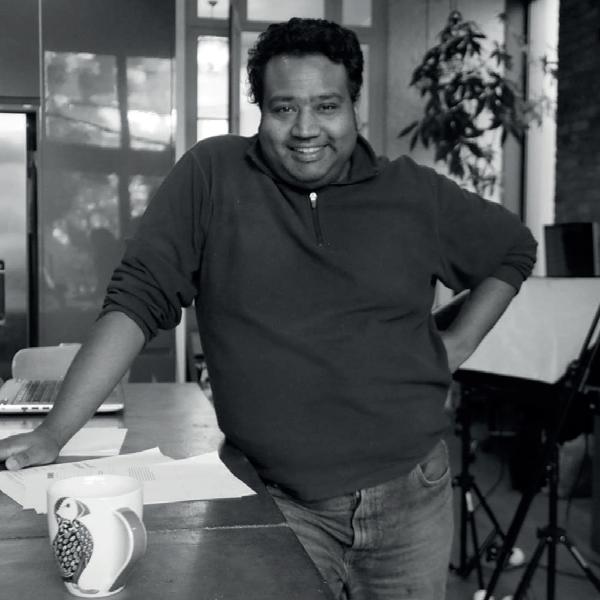
I wanted to be a part of the Inclusion Committee as I wanted our organisation to be more representative of modern Britain. A place that allows photographers to be able to express themselves ideologically and creatively without barriers or walls. Also, as a visual organisation, we need to show the industry we are visibly diverse while reflecting and showing a real understanding of creed, race and culture and not just an exotic side note.


Join the BIPP Photography Weekender packed full of practical workshops and business masterclasses run by industry experts in the luxurious High Leigh Conference Centre. Accommodation and ALL meals included for only £395!!
Dates: 29th - 31st October 2021
Hosted by the South East Region, The Weekender is open to all members and non-members. The training weekend will provide photographers with the opportunity to sharpen their camera skills, further industry knowledge, gain exclusive business insights, improve productivity strategies and expand their creative vision.
Alongside the chance for the photographer to hone their craft, The Weekender will provide an opportunity to socialise and network with other professionals in the industry. With 40 acres of lawns, parkland and woodland, there’s also space for partakers to unwind and relax in the tranquil surroundings.
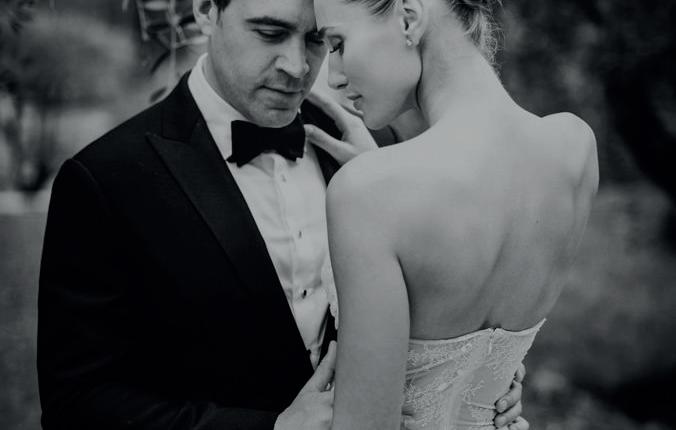
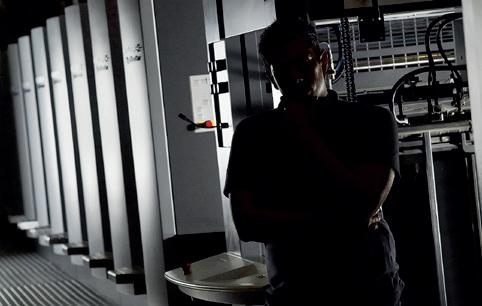
Wedding Masterclass: Finding your Creative Mojo with Adam Alex
Adam Alex is a multi-award-winning photographer who is highly regarded internationally for his intimate approach with clients and stunning fine art styled wedding shoots. In his masterclass session, Adam will cover the techniques and creative processes he uses to capture magical memories for his clients and inspire you to look for your very own creative mojo, while providing insights into creating a successful business.
The Art of Digital Work Flow
An expert lifelong underwater and commercial photographer, FBIPP MA Paul Ives will, discuss transferable photographic skills, how he approaches technical challenges and look at fundamentals of good practice in digital workflow.
Studio Lighting Workshop with Barrie Spence
Scotland regional chair, ABIPP Barrie Spence, is an experienced studio photographer known for his considered and complimentary lighting techniques; he is renowned for his portraits of dancers, families and pets. In the session, Barrie will teach a variety of lighting styles and methods for photographing different subjects and allow participants the opportunity to operate the equipment and capture images.
Improving your Social Standing
A rising star in rural lifestyle photography, Lucy Newson has excelled in her business through the ability to engage customers through social media. During the session, Lucy will speak about managing various social media platforms and how to utilise them to promote photography work and grow an online profile.
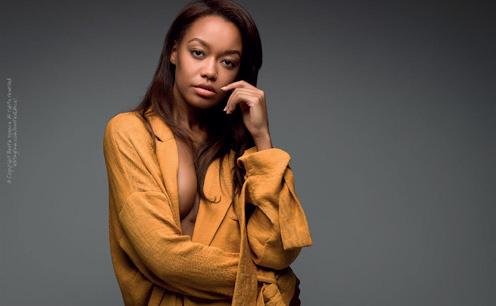
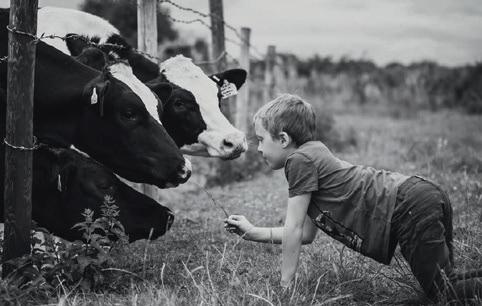
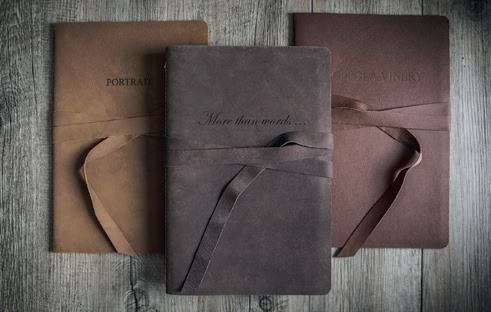
Commercial Photography with Daniel Freeman & Paul Ives
An accomplished landscape and documentary photographer, FBIPP Dan Freeman, and decorated commercial photographer FBIPP Paul Ives will combine talks on shooting commercial images with practical demonstrations for attendees to get hands-on experience during the session. The workshop will include an insight into building a commercial portfolio and how to get noticed by commercial buyers.
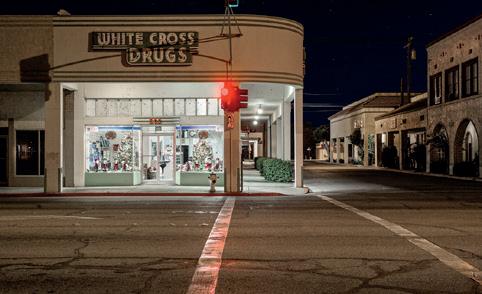
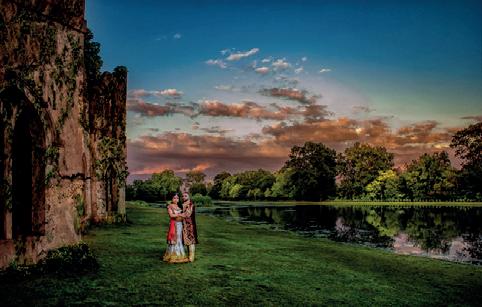
Off Camera Flash with Colin Brister
ABIPP Colin Brister specialises in sport and nature photography, building a successful career by capturing the perfect moment through precise timing and framing. In the workshop, Colin will be heading outside to teach how to operate off-camera flash techniques to capture a fast-paced moving subject.
The Art of Selling Printed Products
With 21 years’ experience in the industry, Jeremy Price has worked and trained with some of the most successful social photographers both in the UK & internationally. Selling printed products is for many a challenge and with so many different ways to do this Jeremy will share the most successful processes that suit different business personalities and goals.

The Art of Asian Weddings Photography
Monir specialises in wedding and food photography. Over his career, he has worked for various well-established clients and brands, and produced content for major editorial, publishing and advertising campaigns. In this session, he will speak about the artistic mindset and unlocking your creative vision when capturing the vibrancy of an Asian wedding.
Newborn Photography Workshop
An acclaimed figure in the newborn and maternity field of photography, Elli Cassidy produces striking images that artistically capture the special moments of bringing a baby into the world. This session will cover how to professionally approach setting up a photoshoot, business strategies and the creative eye needed to deliver the highest standard of photographs within this sector.
The Business of Photography with Richard Bradbury
Multi Award-winning advertising and portrait photographer, FBIPP Richard Bradbury possesses a plethora of knowledge within the commercial sector. Alongside his work behind the camera, he has published three books on creating, maintaining and developing a photography business. The session will consist of Richard sharing his knowledge and insights to help build a viable career as a photographer.
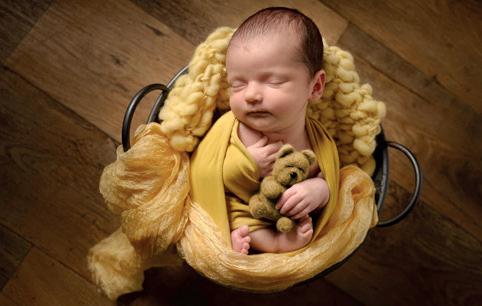
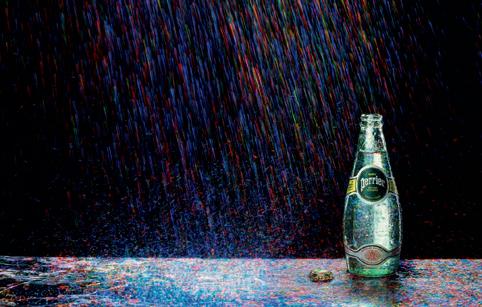
MINING THE PAST
Mining The Past With DR Ron Callender
Editor Joel Hansen reflects on his visit with CEO Martin Baynes to the BIPP ex-President and a stalwart member of 63 years, Ron Callender.
Apursuit to uncover the BIPP’s history is something that has interested me since taking on my role. Slowly, it has started to unravel through discussions with longstanding members of the Institute who’ve become custodians of its heritage.
Another door into the past presented itself when FBIPP Dr Ron Callender emailed me to say he had accumulated a stack of documents throughout his time with the Institute.
Becoming a member in 1960, at age 26, Ron would become a renowned figure - most notably because of the time he served as the BIPP president from 1975-1976. In this period, a memorable annual meeting celebrated the 75th year, which featured famous photographers and industry manufacturers speaking at the event that attracted attendees from around the globe.
On invitation from Ron to collect the documents, a visit ensued with myself and the CEO Martin Baynes to his home in Cheshire.
Over coffee and lunch with Ron a, we got a brief overview of his career working for world-leading global corporations such as Unilever.
Stepping foot in his living room, an array of documents and memorabilia reached out across the coffee table - it was a BIPP treasure trove! As we explored the possessions, the ex-president told the stories behind each one; they included BIPP passports, member registries listing over 2400 photographers, honorary medals awarded from international photography associations, past examination structures, letters of correspondence and more.
Although retiring as a formal photographer decades ago, Ron’s enthusiasm hasn’t faded towards his vocation, which became apparent as photography featured everywhere in his home. Original prints of pioneering female photographer Madame Yevonde hung on the walls leading up to his study - a room lined with shelves full of catalogued photobooks documenting his travels from around the world.
Ron focuses mainly on Applied Photography, a practice that produces pictures for the purpose of study and education; it avoids photo manipulation to give as an accurate depiction as possible of a subject. The method blends with Ron’s passion for geology - demonstrated best in his project documenting Britain’s standing stones, which are ancient rock formations, such as Stonehenge.
Not only did Ron application of practical photography extend into his later years, but so did his knowledge when studying for his PhD. The research focused on Vero Charles Driffield, a British photographer and chemical engineer and Ferdinand Hurter, a Swiss-born chief chemist. Together, the pair published papers about scientific research into photography, invented an instrument called the actinograph (an initial version of a light meter), and contributed to the popularity of the early days of photography.
In 2012, Ron published a book titled Mr Driffield and Dr Hurter: Their Lives & Times in Picture, produced from his decades of research on the once-forgotten pioneering photography figures.
Ron’s efforts to preserve the BIPP’s history over his 61-year membership has given me - a new generation - resources to help mine the past, to build a future.
